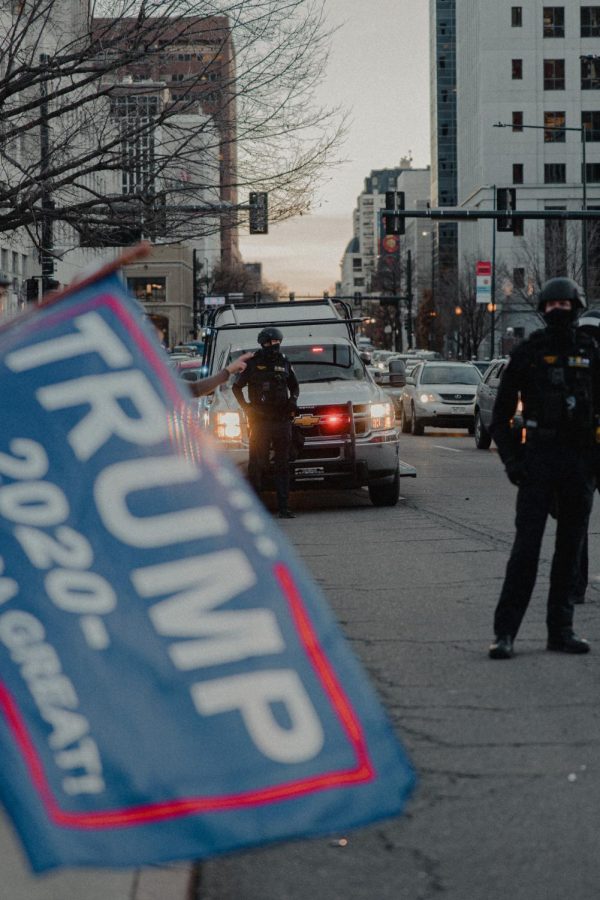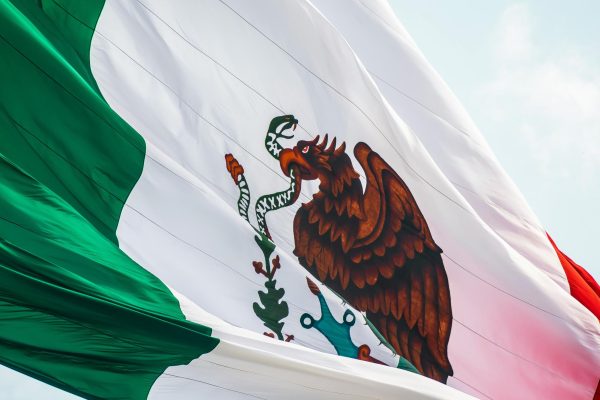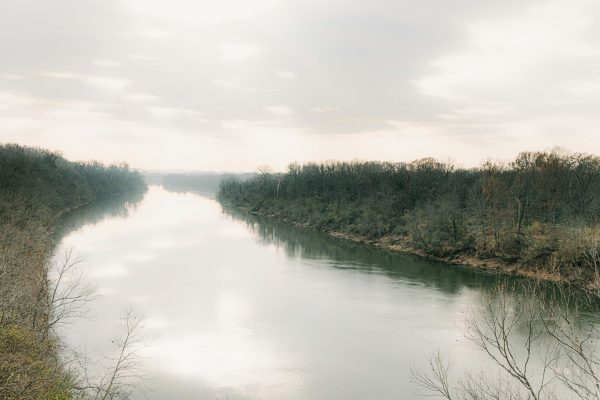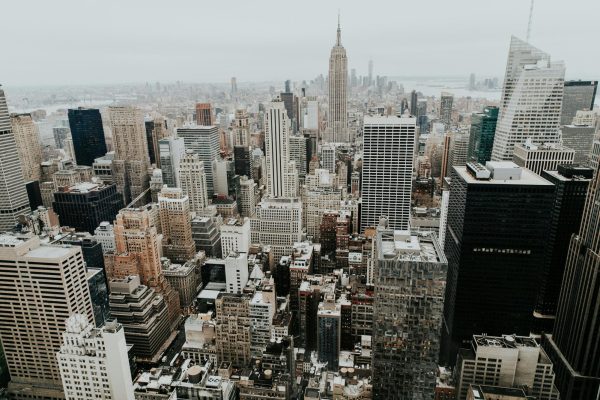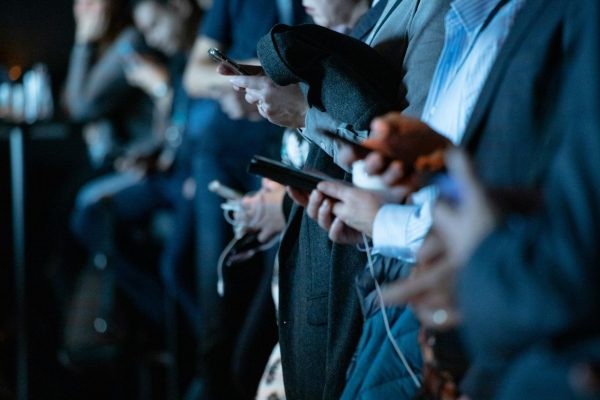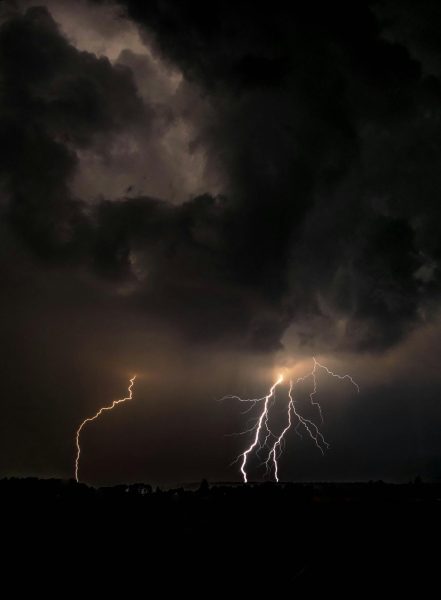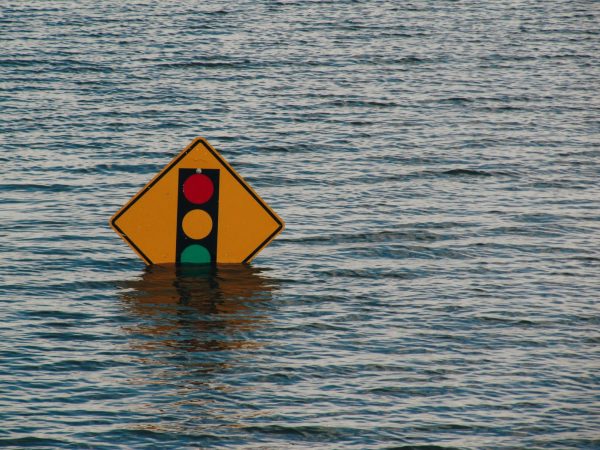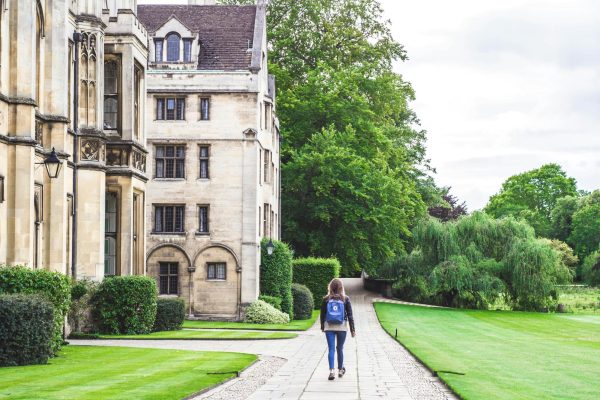Trump Banned from Major Social Media Sites
January 22, 2021
In the wake of the Capitol insurrection on January 6, several major social media sites have banned Donald Trump from their platforms due to his social media posts’ involvement in the event. Trump has been banned from Twitter, Facebook, Instagram, YouTube, Amazon Web Services, Snapchat, Reddit, Twitch, LiquidWeb, and Shopify.
Twitter, Trump’s primary platform for spreading misinformation, temporarily banned him on January 6. His account was permanently banned two days later following two incendiary tweets. Others affiliated with Trump were also banned, such as his son, Donald Trump, Jr. Twitter also began purging many accounts of non-politicians affiliated with QAnon on January 8. Twitter cited the incitement of violence as the reason for the bans.
Facebook and Instagram banned Trump after he posted a video telling the rioters, “we love you, you’re very special.” Mark Zuckerberg, the chief executive of both platforms, announced that Trump would be banned indefinitely, and at least through the presidential transition. YouTube, Snapchat, Reddit, Twitch, and other platforms have banned Trump for similar reasons. In addition, Google, Apple, and Amazon app stores have banned Parler, a social media site known for hosting alt-right groups.
This slew of bans has led to some controversy over the silencing of certain political voices. Many conservatives have expressed concerns that social media sites are biased, and that conservatives are being silenced in order to push a liberal political agenda. There is not much evidence to support this, as the bans were done under the platforms’ terms and conditions, which prohibit the incitement of violence.
In this case, conservative groups and figures were inciting violence, so they were banned from the platforms. That does not mean that the platforms are biased against conservatives. Not to mention, private companies are within their rights to restrict who has access to their platforms. At the end of the day, the situation is simple: certain people were responsible for inciting a riot. This violated the rules of certain social media sites, so those people were banned, which is legal and perfectly reasonable.



